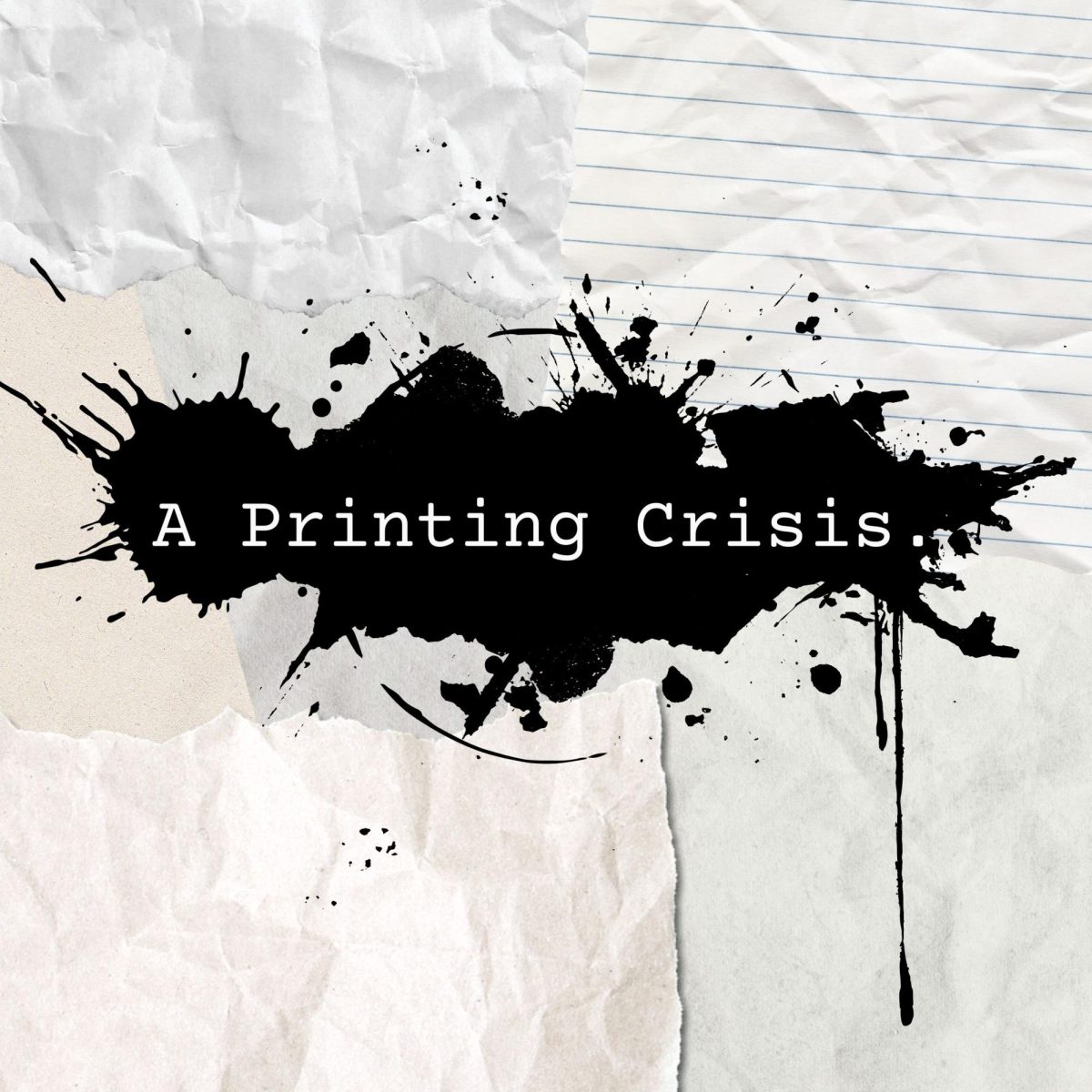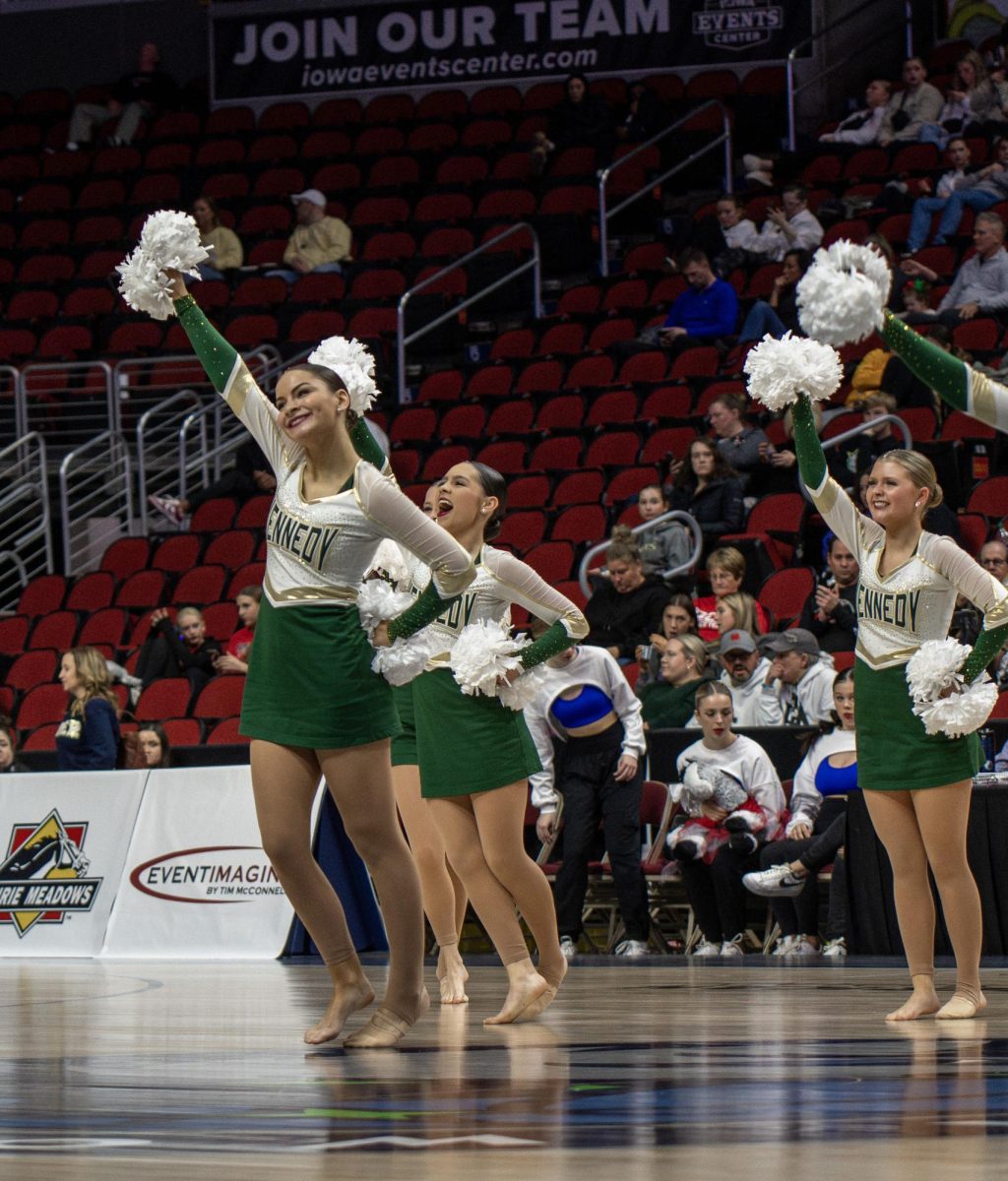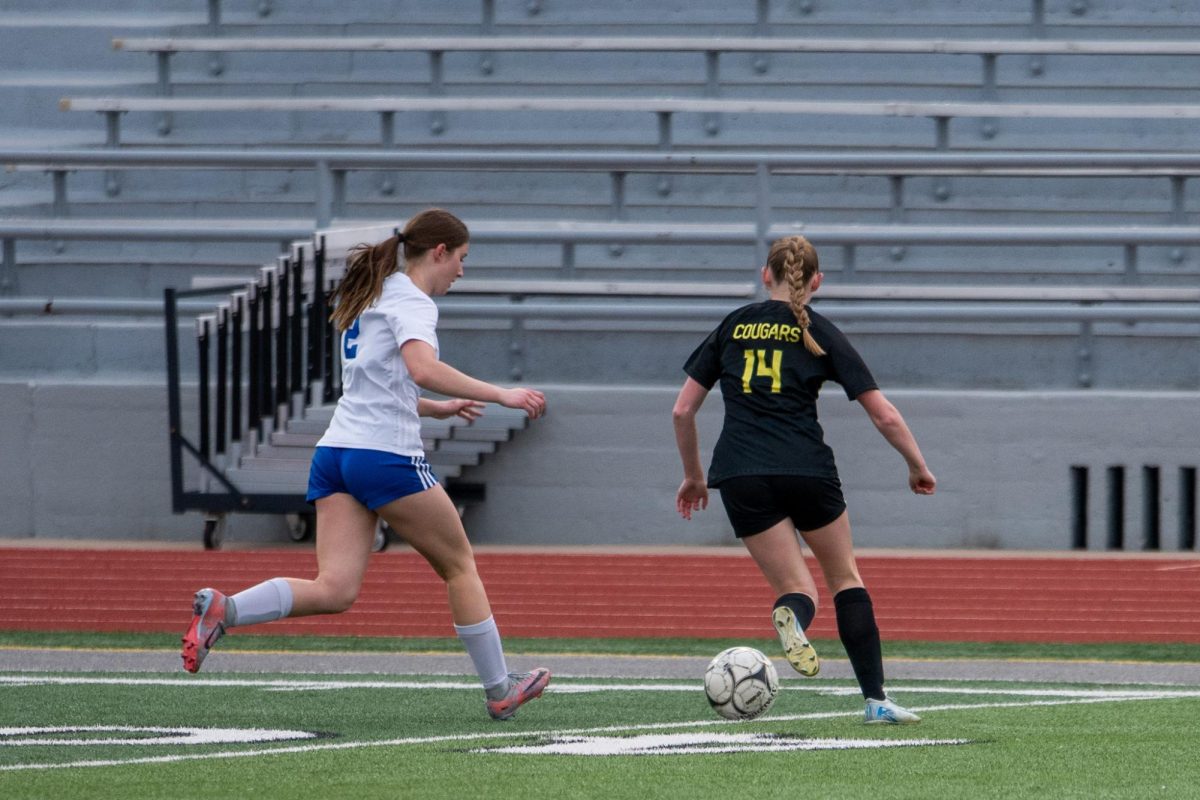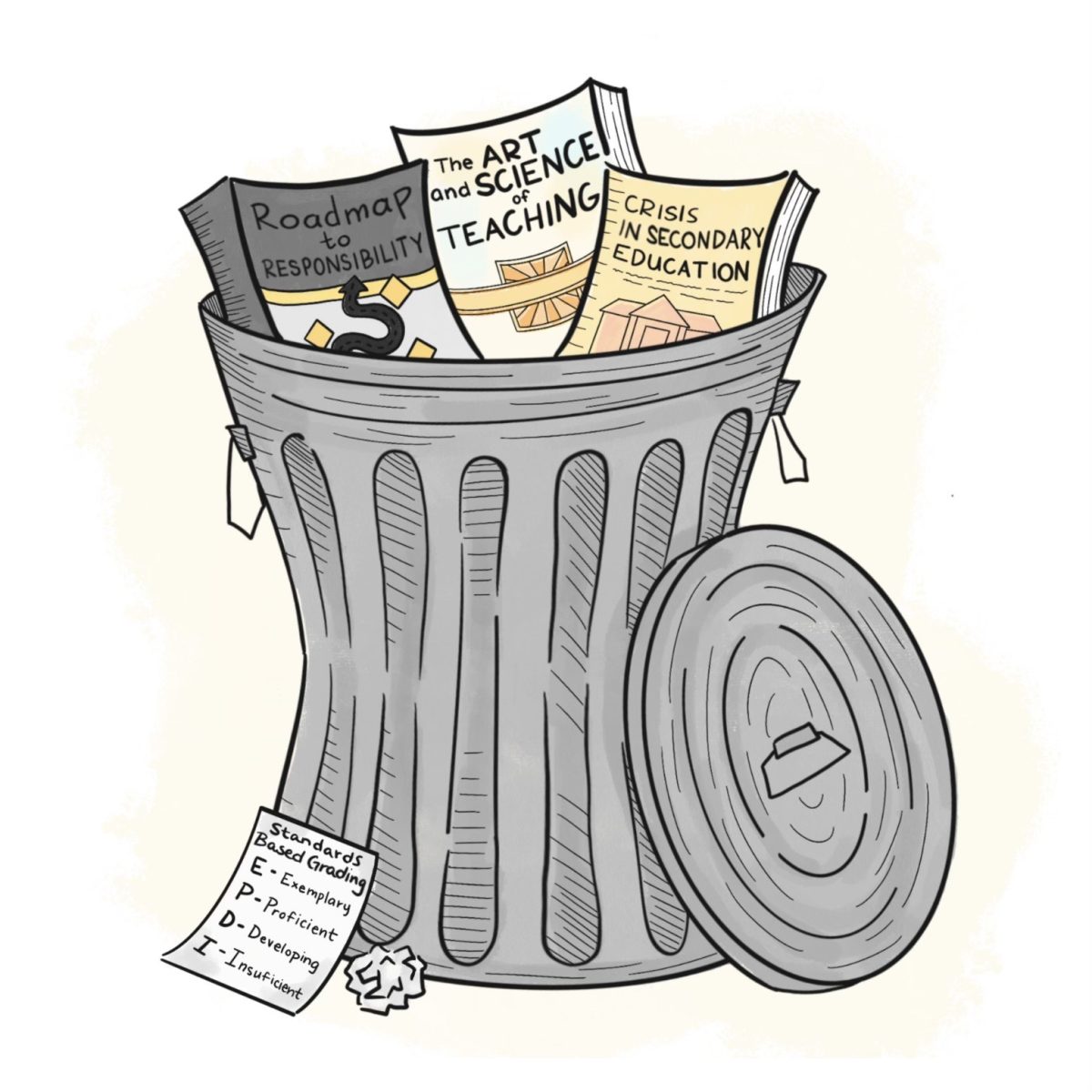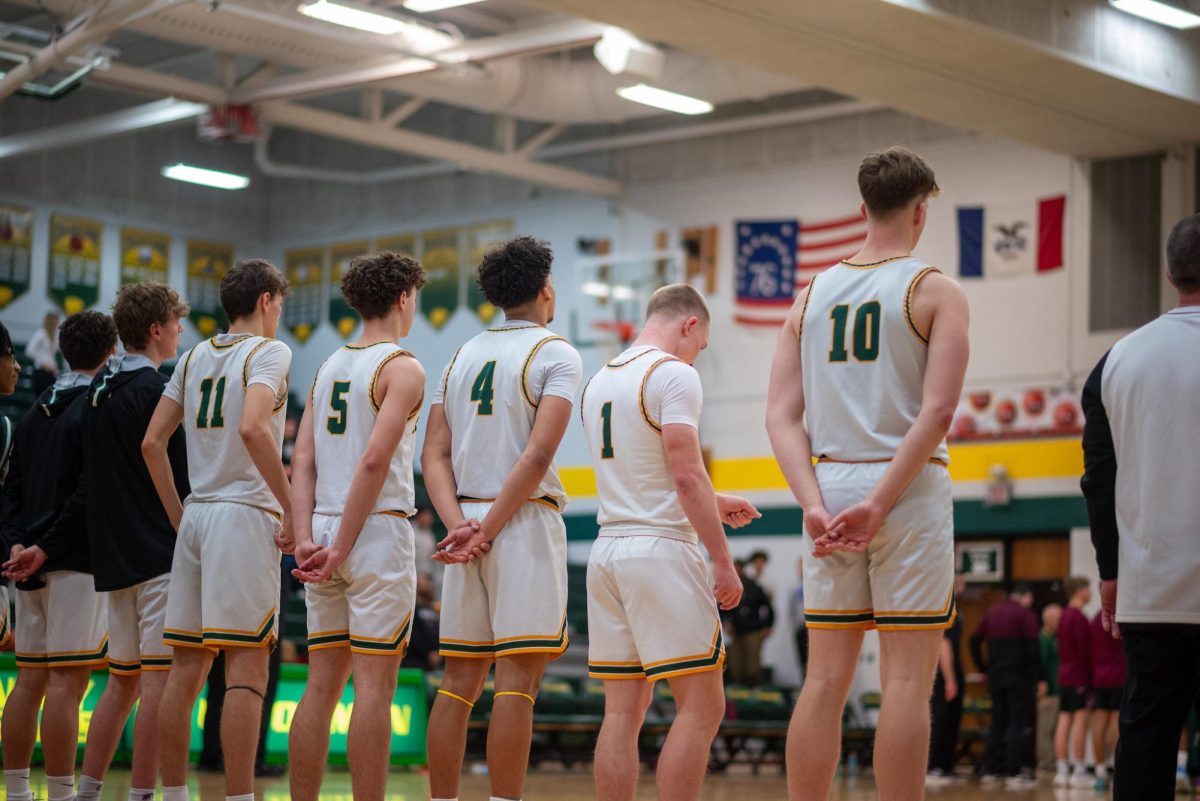
As students are encouraged to take on advanced classes and extracurricular activities, they often neglect sleep, cutting back on one of the body’s most important restorative devices. Sleep deprivation can negatively affect a student’s academics, athletics, and social lives.
According to Dr. Greg Bennett, MD, a pediatrician, most high school students require seven to eight hours of sleep per night. When students don’t get this amount for a prolonged period of time, adverse effects can occur.
“Sleep deprivation causes students to have difficulty concentrating, poor focus, increased forgetfulness, and mood swings,” Bennett said. These effects can negatively influence a student’s academic performances and social interactions. Students may also have impaired driving abilities, especially when sleep deprivation is combined with drugs or alcohol.
Students lacking in sleep may also notice a decline in their athletic performances. Emily Feltes, so., commutes to Des Moines three nights per week to attend soccer practice; she usually goes to bed between 11 p.m. and 12 a.m.
“If I’m more tired, I’m not as good at soccer,” Feltes said. “I can tell the difference compared to when I get a good amount of sleep.” According to Bennett, a night or two of sleep deprivation has few adverse effects on a student’s athletic performances, however chronic lack of sleep can cause physical fatigue and impaired concentration.
Little is known about the long term health effects of sleep deprivation, but some studies have indicated a correlation between sleep deprivation and impaired physical growth and cognitive abilities.
“Less time for brain tissue repair ties into a decline in memory loss, creative thinking, and problem solving,” said Patrick Cory, an AP Psychology teacher at Kennedy High School. Long term sleep deprivation is gradual in onset, the rate depending on the amount of sleep an individual lacks per night. “Sleeping 4 hours per night would cause problems more quickly than sleeping 6.5 hours per night, but both would eventually cause problems,” said Bennett.
Arjun Venkatesh, sr., often stays up until 1 a.m. working on homework for his six AP classes.
“I’m so used to it that it doesn’t affect me,” Venkatesh said. “I’m different from everyone else because I don’t need caffeine to stay awake.” Venkatesh often starts his homework late at night because he’s distracted by Facebook or television. Technology is the major reason that high school students lack in sleep. “Not only do students stay up too late on actual ‘screen time,’ but these activities excite the brain, making it hard to fall asleep,” said Bennett.
According to Cory, hormones can cause teenagers to feel alert late at night. This prevents students from going to bed, leading to fatigue the next day.
Sleep deprivation affects every person differently, but to reduce its adverse effects, it’s important for students to be conscious of their body’s needs. “You have to listen to your body and follow your body cues,” Bennett said. “If you feel tired, sleep. Sleep deprivation is a real problem, just more real for some than others.”



